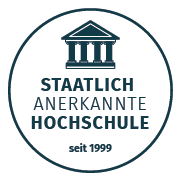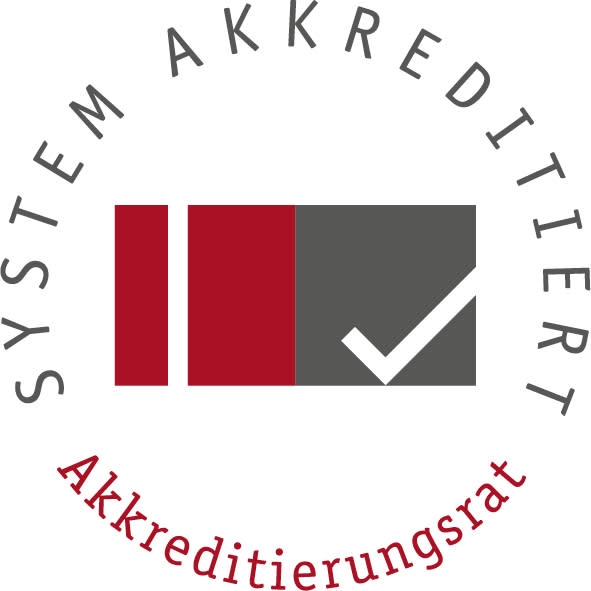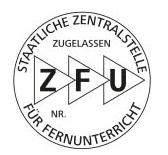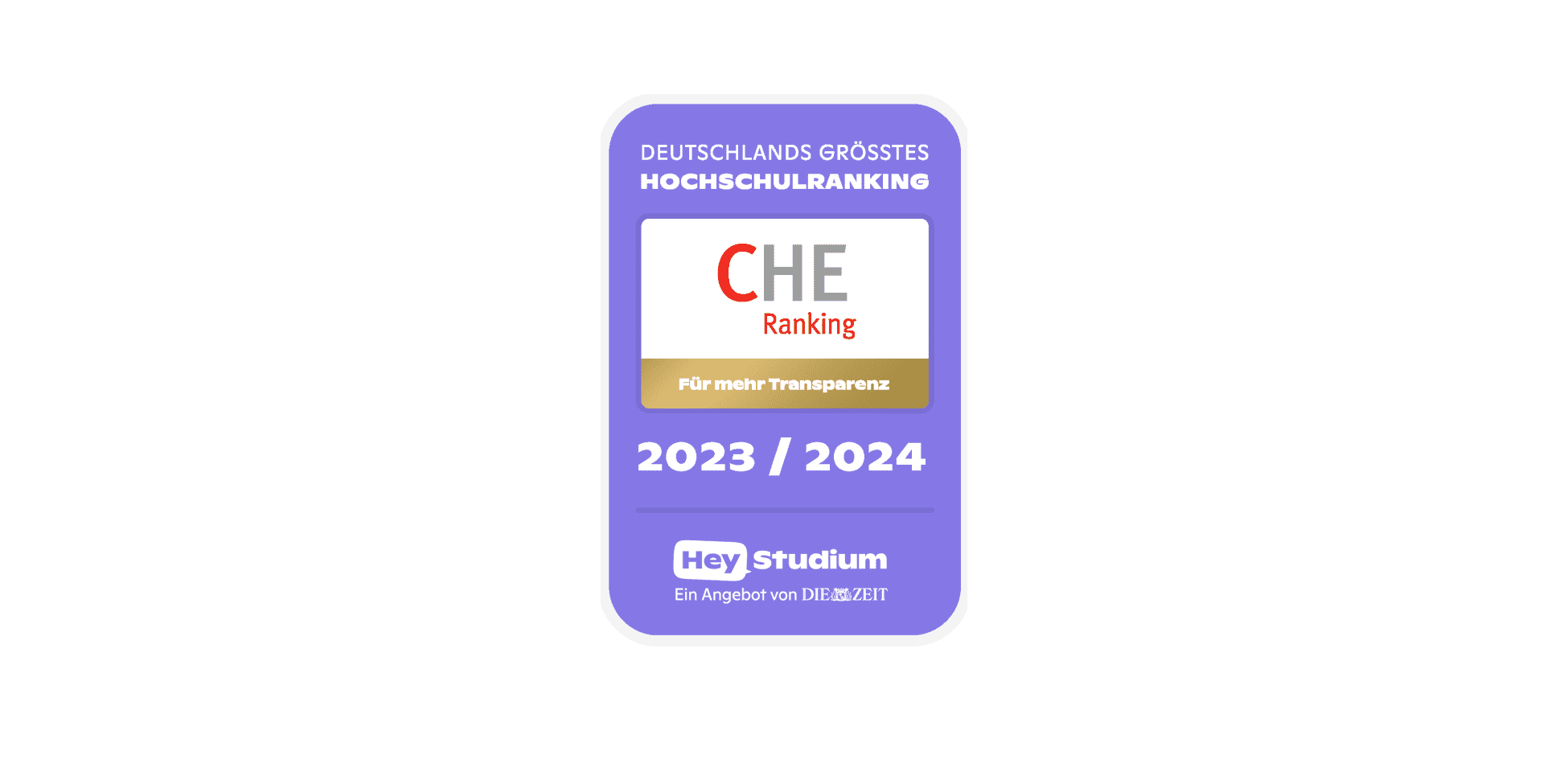Hello, dear...?
"There are many ways I could address you now: 'Dear colleagues', 'Dear students', 'Dear employees', 'Dear staff' – or a quite sober ‘Dear college’ or ‘Dear student body’? In making my decision, correct spelling and precise and aesthetic language are just as important to me as the desire to express myself fairly. Equality should be a matter of course - and expressed in language that is sensitive to inclusion. But how?
This is where worlds, needs and opinions collide in the German-speaking world at the latest. The Duden is of little help at the moment, because before language can reflect a social development process, social negotiations are first required. The gender issue and the sensitive use of language in dealing with people with disabilities are tantamount to reaching into a wasps' nest - and we as a university are faced with the question of how we can initiate and moderate the process towards gender and inclusion-friendly language.
As a university, however, we are aware that we have the opportunity to actively help shape the change in language. And we will make the most of this opportunity!"
Nicola Schmidt-Geheb
Equality and Diversity Officer at IU International University of Applied Sciences
Our guide
A guide to gender-sensitive and inclusive (visual) language for staff, students and faculty at IU International University of Applied Sciences.
Go to the guide (English)Go to the guide (German)The law on civil status
Even though most of the population sees itself as a man or a woman, perceptions and acceptance of the fact that there are a variety of gender identities are changing. A major factor for this is the law, which since 2018 offers the possibility to select "diverse" in the civil status register in addition to the entries "male" or "female" or to have the civil status deleted. Currently, there are no binding regulations on how this third option can be represented linguistically.
What is gender?
A short historical excursion - In the seventies, feminists in Germany started using the English term "gender" (social sex). They wanted to draw attention to the fact that there are various factors that make up our gender identity. Social gender means the totality of expectations, conventions and role attributions with which biological sex is associated in our society. It is also the self-conception of our gender identity acquired through our upbringing. The term was borrowed because there is no corresponding word for it in German.
The English noun "gender" stands for the felt and lived sex. The word "sex", on the other hand, is used for the biological sex.
Gender-sensitive language implies an attempt to represent the facets of social gender without being discriminatory. This is because language has a great influence on our conception of the world.
The so-called "generic masculine"
The "generic masculine" is currently the usage norm in the German language. In this context, generic means "in the generally valid sense": if mixed groups are named, the masculine form is used, which is then to be interpreted in a general way. Female or non-binary persons, who could also be trans- or intersex, are inaccurately represented by this historically explicable but discriminatory technique of naming. In reception, they sometimes have to guess whether they are being addressed - or, at worst, consider not being meant at all. This reproduces gender stereotypes. How the difference between generic and specific is perceived in relation to the masculine form is one of the fundamental questions in the discussion about gender-equitable language. Therefore, the term established so far is also misleading, because from the perspective of gender-sensitive people, the masculine is not generic.
What you get for free
Information on study content & electives
Information on career prospects
Information on financing options







